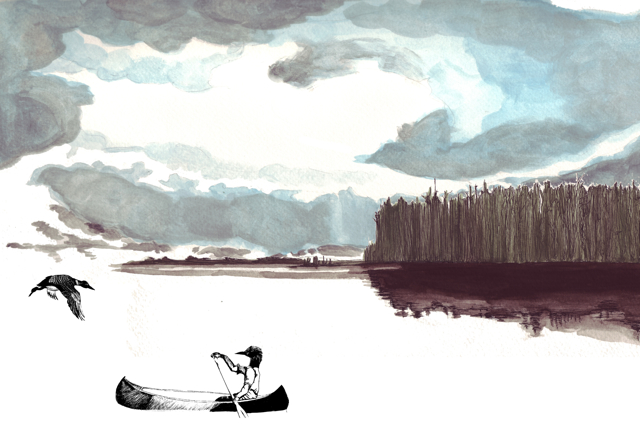“The Reluctant Pilgrim:” Questioning Belief After Historical Loss
DOI :
https://doi.org/10.25071/1916-4467.26099Mots-clés :
psychoanalytic thought, curriculum theory, place-based pedagogy, history educationRésumé
In this paper, I explore the question of belief as it is enacted in the inclination to return to places of history's lost objects. I argue that such returns, and the beliefs that fuel them, offer a site in which to consider the persistent, inter-generational effects of history, particularly when the history at stake is one of trauma. While, in education, belief is often cast as separate from historical consciousness, I suggest that belief is evidence, a remnant, of a "truth" of past trauma that disrupts the very capacity to know (Caruth, 1996). I ground my discussion in a case study of historical pilgrimage that returns every July to the former site of the Lejac Residential School in Northern British Columbia. This pilgrimage, in my view, lays bare the double-edged quality of belief as it intersects with the subject of history: on the one hand, there is the wish for redemption that repeats the very terms of history it seeks to overcome, and on the other hand, the possibility of tolerating the idea of a future that can face the vulnerabilities, anxieties and uncertainties that difficult history sets into motion. The pilgrimage, I believe, is a useful metaphor for thinking about curriculum, where what is at stake is not a "simple knowledge," but the capacity to open oneself to the vulnerabilities of living with and after historical loss.Téléchargements
Publié-e
2010-11-05
Comment citer
Farley, L. (2010). “The Reluctant Pilgrim:” Questioning Belief After Historical Loss. La Revue De l’association Canadienne Pour l’étude De Curriculum , 8(1), 6–40. https://doi.org/10.25071/1916-4467.26099
Numéro
Rubrique
Articles
Licence

Copyright for work published in JCACS belongs to the authors. All work is licensed under a Creative Commons Attribution-ShareAlike 4.0 International license.


